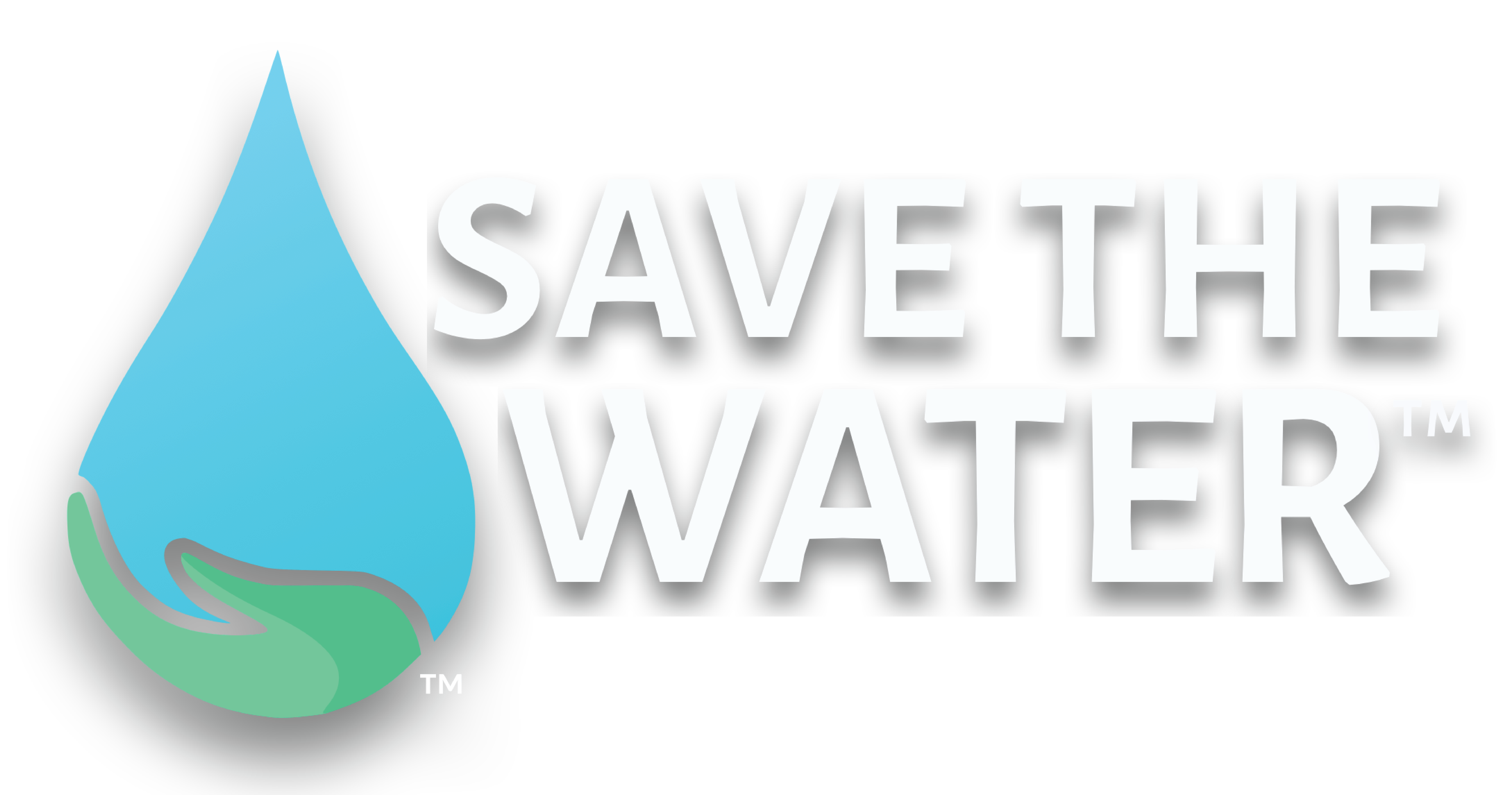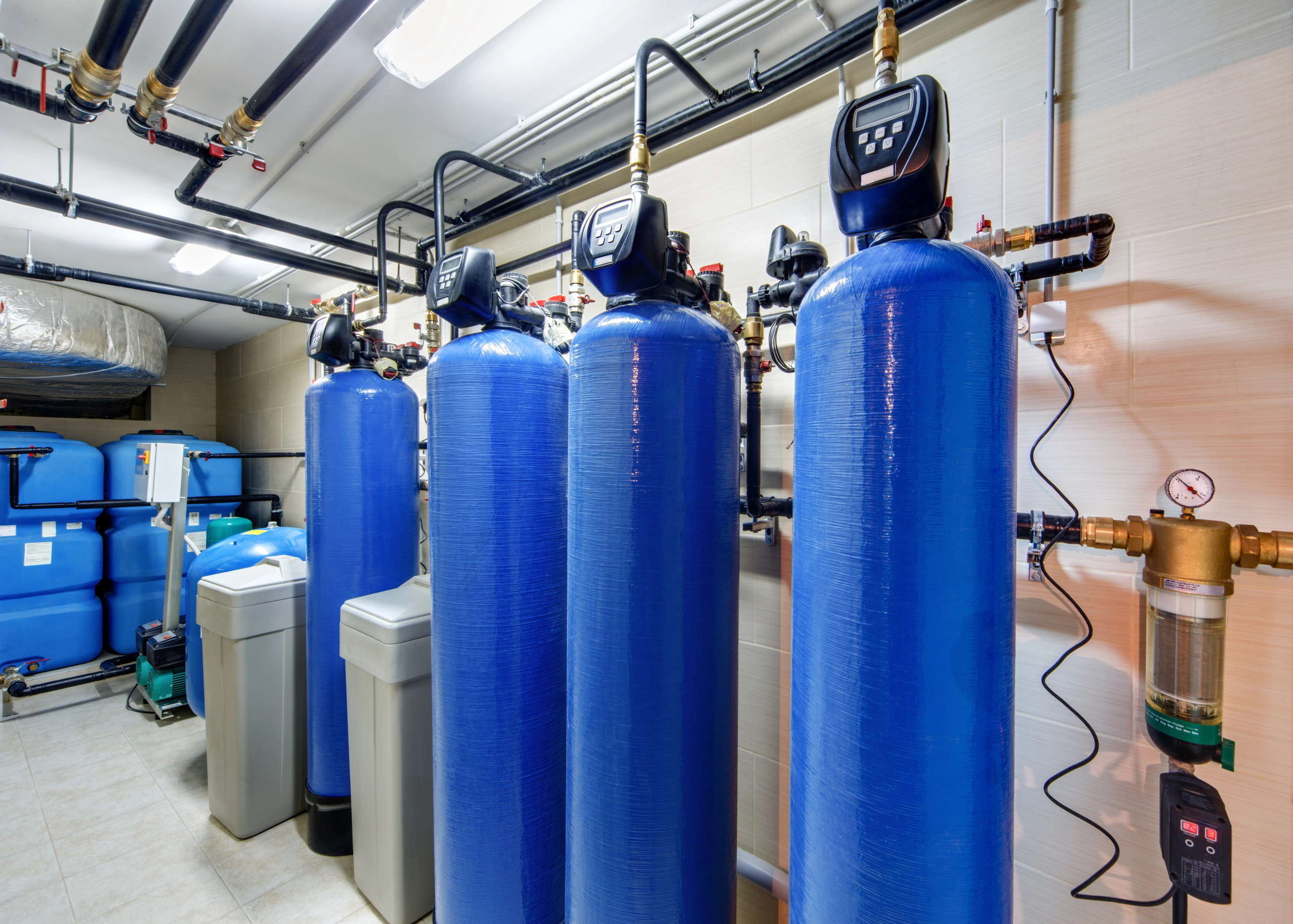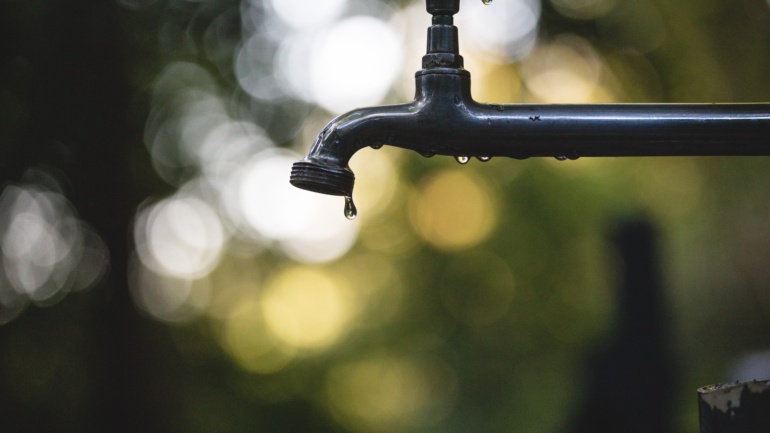By Samhar Almomani, Publishing Associate: Researcher and Writer at Save the Water™ | May 08, 2025
Edited by Muhammad Afridi, Publishing Project Leader, at Save the Water™
Wastewater challenges in Orange County require smart and modern solutions. As one of the fastest-growing regions in the United States, the county is facing more demand on its wastewater systems. To help manage this, officials signed a new contract with Tetra Tech, Inc. The project will expand the Eastern Water Reclamation Facility (EWRF), helping to upgrade aging infrastructure and handle larger flows.
Expansion of EWRF
The decision to expand the EWRF is driven by the rapid population growth and urban development around Orlando. Orange County Utilities (OCU) serves a 451-square-mile area and treats millions of gallons of wastewater each day. Without expansion, the current facility risks becoming overwhelmed, which could threaten both public health and the environment. The EWRF project is designed to improve efficiency, reduce energy use, and support long-term sustainability.
Challenges and Drawbacks
While the EWRF expansion brings many benefits, it also comes with some challenges. Advanced treatment systems often require large upfront investments, which can strain municipal budgets and affect residents. Even with energy-efficient technologies, these facilities tend to use more power. If that energy does not come from renewable sources, it can add to greenhouse gas emissions.
Moreover, wastewater treatment facilities can be challenging to operate. They require skilled workers, ongoing maintenance, and the ability to adapt to changing regulations. Emerging contaminants such as PFAS (per- and polyfluoroalkyl substances) and microplastics add to the complexity of treatment. As a result, future upgrades will be needed to meet stricter environmental standards.
Wastewater and Advanced Treatments
Wastewater is created not only by industrial activities but also through routine household tasks such as flushing toilets and doing laundry. Wastewater is usually classified as either gray water or black water, depending on its source. Gray water comes from showers, bathtubs, washing machines, and dishwashers. Black water comes from toilets and kitchen sinks. Although there are differences, many people refer to all wastewater simply as “sewage.”
Traditional wastewater treatment focuses on removing solids and common pollutants. Advanced methods go further by targeting nitrogen, phosphorus, pharmaceuticals, and PFAS.
Furthermore, if these substances are not removed, they can cause nutrient overload in rivers, lakes, and other natural waters. This often leads to algal blooms and fish die-offs. Trace contaminants also pose long-term health risks. For example, long-term exposure to PFAS has been linked to higher risks of kidney and testicular cancer, thyroid problems, and developmental delays in children.
Public Health and Environmental Benefits
Upgraded wastewater facilities, like the one in Orange County, provide more than just clean water. They play a vital role in protecting public health. The benefits they offer are wide-ranging and significant:
- Protection from Waterborne Illnesses: Advanced treatment helps remove harmful bacteria, viruses, and protozoa before the water is either released into the environment or reused.
- Nutrient Control: Removing nitrogen and phosphorus helps prevent nutrient pollution, which can harm ecosystems and pollute drinking water sources.
- Climate Resilience: Upgraded infrastructure is better prepared to withstand extreme weather events.
- Energy Efficiency: New technologies use less energy, helping municipalities reach their sustainability goals.
- Water Reuse Opportunities: Treated water can be reused for farming, landscaping, or industrial cooling, which helps conserve precious freshwater supplies.
What Does This Mean for Florida’s Water Future?
The partnership between Tetra Tech and Orange County Utilities (OCU) represents a major step toward greater sustainability in the United States. Florida faces serious climate challenges, including rising sea levels, frequent storms, and saltwater intrusion, all of which make resilient water systems essential. Expanding advanced treatment capacity supports public health and helps meet environmental regulations. Orange County also plans to support Florida’s long-term goals by encouraging water reuse, conserving resources, and protecting the aquifer.




